
2 minute read
SUSTAINABILITY SPOTLIGHT
by agweek
Scott Herndon
Vice President
General Counsel of the American Sugarbeet Growers Association
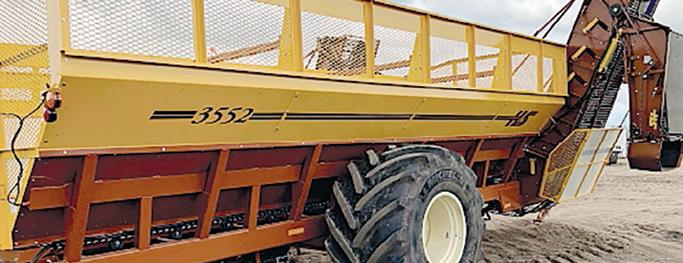



Scott Herndon serves as the Vice President and General Counsel of the American Sugarbeet Growers Association (ASGA) in Washington, DC. He represents growers on all issues that impact the sugar industry, including sustainability. On sustainability policy, he works with Farmers for a Sustainable Future, www. sustainablefarming.us, a coalition of twentyone farm and ranch groups committed to environmental and economic sustainability. Scott can be reached at sherndon@ americansugarbeet.org.
This edition of the Sustainability Spotlight features Bob Mari. Mari has been growing crops for 30 years since moving back to the farm and farming with his brother Rod. They grow sugarbeets for the Western Sugar Cooperative. They also grow corn, wheat and alfalfa. Their farm is almost entirely center pivot irrigated, with a small amount of flood irrigation, and a small amount of dryland farming.

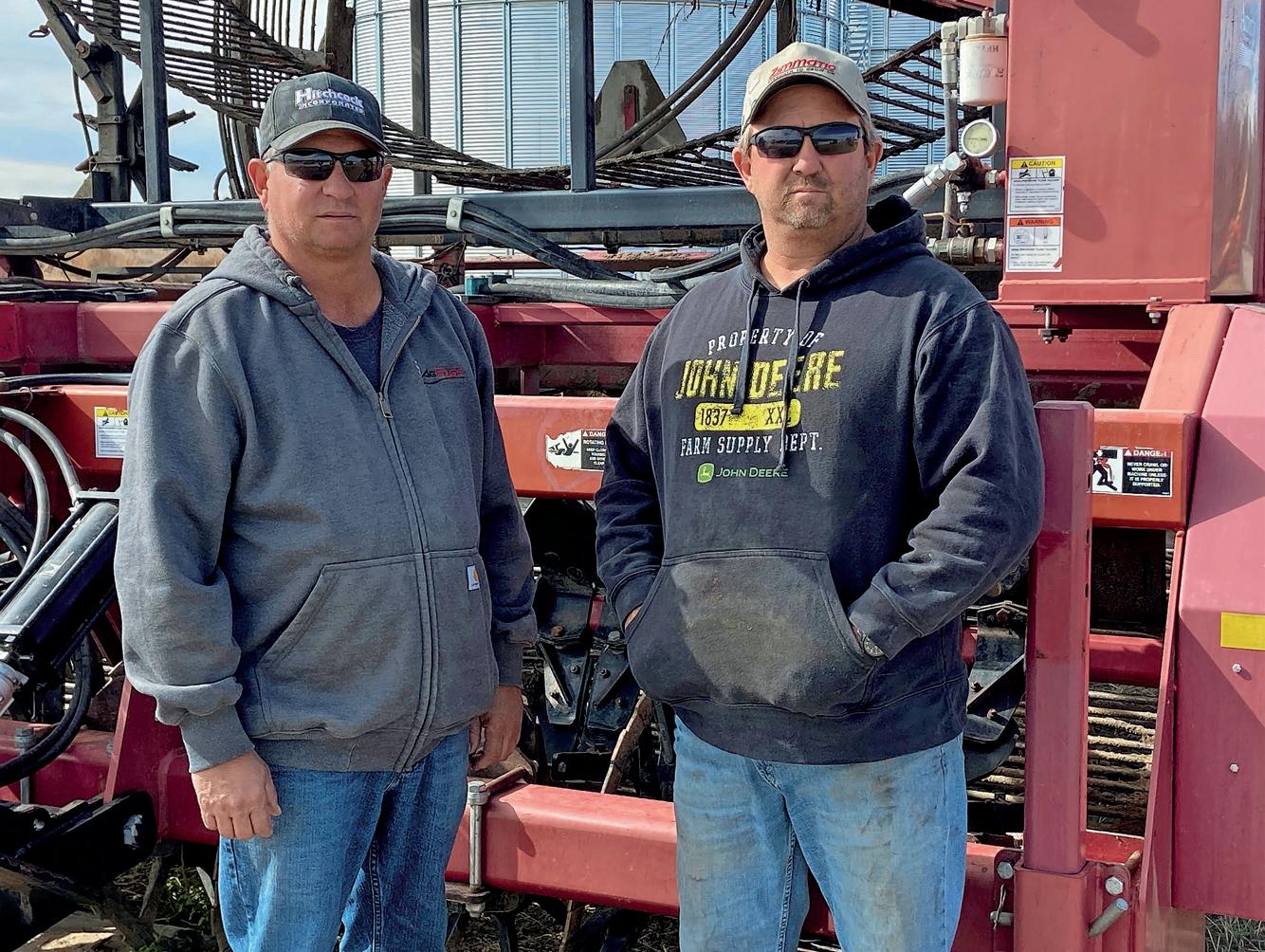
Q: What does sustainability mean to you? How have you seen that definition change over time?
A: Sustainability for me has to be first and foremost attained on my balance sheet. That being said, that was the very reason we changed from conventional farming to strip-till farming out here in northeastern Colorado. We were not showing much of a profit in the lean years. We needed to change things up. That decision was based on the balance sheet being sustainable; that was in 2005. Little did we know that those changes that we made would propel us forward so quickly. That’s when we started to see so many other positive aspects in our farming operations.
The residue we now keep on top of the soil was and continues to be huge. It buffers the wind, keeps the soil cooler and reduces erosion (also helps retain water). We don’t see much runoff at all when it does rain so it is good for soil health and maintaining topsoil. We had 13 inches of rain this spring during the planting season with minimal runoff. That to me is sustainable modern-day farming, when the land is benefiting as much or more as my balance sheet. That is a win-win for me, and it should be what environmentalists would hope for.
Sustainability has become a buzzword in agriculture in the last few years. I believe many people are tying it to the environment, but as I said we have to be economically sustainable if we want to continue to farm sustainably. It’s got to be sustainable to the planet they say and I totally agree. I’m 55 years old and starting to slow down a little, but being able to make changes keeps me passionate and motivated for the next BIG change coming in our sugar beet farming operation.
Q: In your sugarbeet operation, what measures have you taken to enhance your efficiency and sustainability? Which have been successful and which have not worked out?


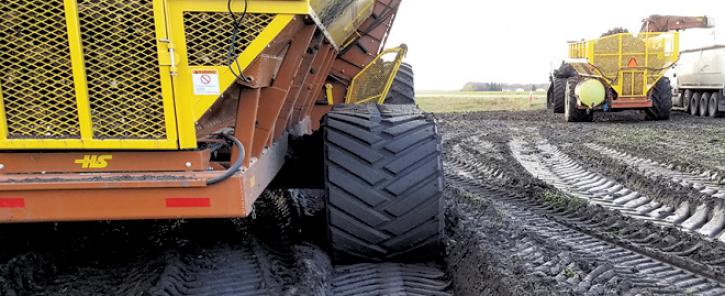
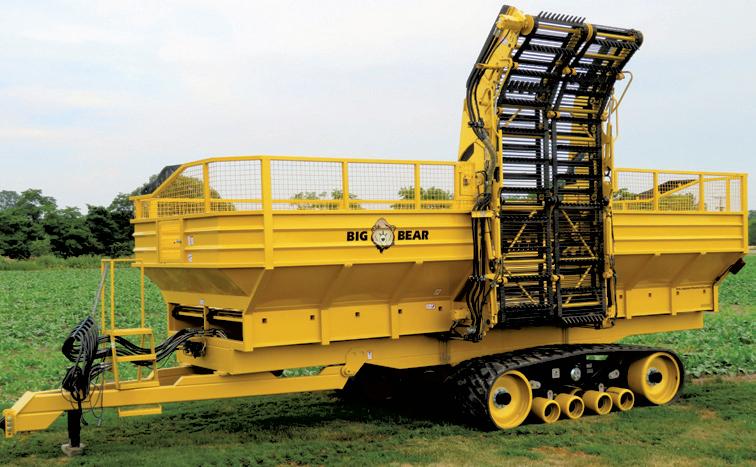
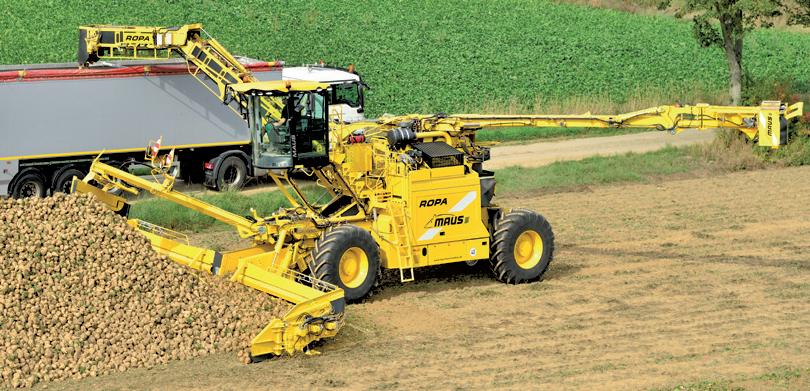


A: Our next step that we have taken over the last few years has been the implementation of cover crops. We try to plant a cover crop of wheat or rye after the sugarbeet harvest. But also, we have been trying some cover crops before planting the beets. We feel there are many advantages to this practice; probably the most important to us is earlyseason weed control. I think that we are just starting to see all of the benefits that cover crops can bring. Nitrogen fixation is another huge attribute to cover crops.
There are many challenges that we face in Colorado growing sugar beets. Water, urban sprawl, resistant kochia, and Palmer amaranth all come to mind. We
Submitted photo
CONTINUED FROM PAGE 18 have tried variable rate fertilizer in the past but are no longer using this tool. It seemed that we were not growing much of anything in the weaker spots especially in our corn fields.









